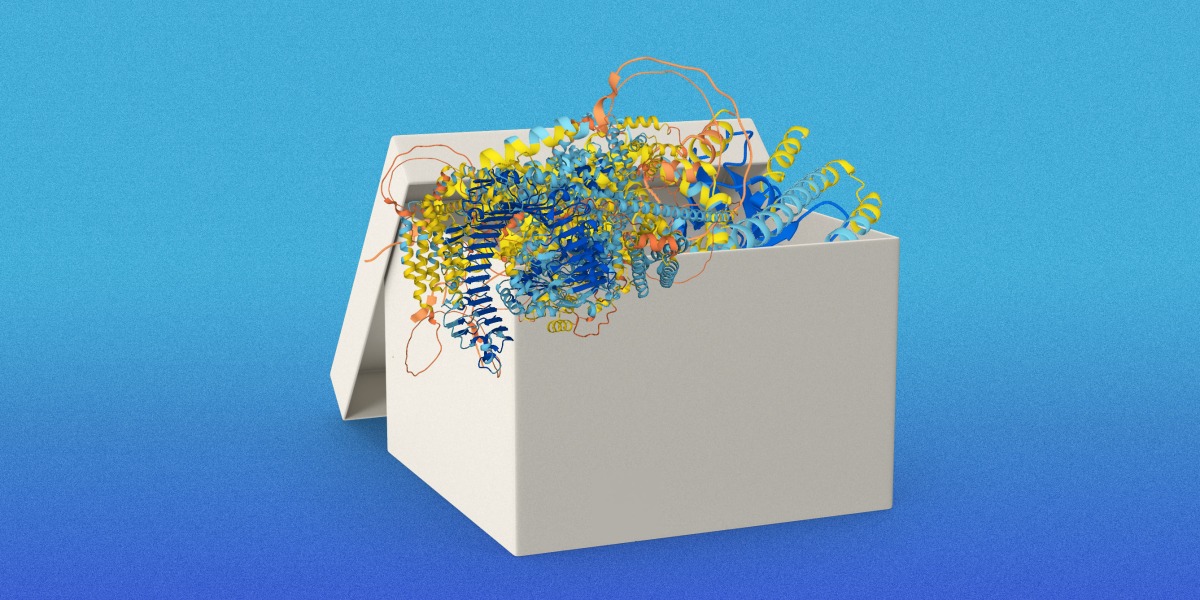
The news: DeepMind says its AlphaFold tool has successfully predicted the structure of nearly all proteins known to science. From today, it’s offering its database of over 200 million proteins to anyone for free. It’s a massive boost to the existing database of 1 million proteins it released last year, and includes structures for plants, bacteria, animals, and many other organisms.
Why it matters: The expanded database opens up huge opportunities for AlphaFold to have impact on important issues such as sustainability, fuel, food insecurity, and neglected diseases, according to Demis Hassabis, DeepMind’s founder and CEO. Scientists could use the findings to better understand diseases, and to speed innovation in drug discovery and biology, he added. Read the full story.
—Melissa Heikkilä
AI for protein folding represents such a major advance that it was chosen as one of MIT Technology Review’s 10 Breakthrough Technologies this year. Read our story explaining why it’s so exciting, and our profile of DeepMind’s founder Demis Hassabis, where he explains why this may be the company’s most significant and long-lasting contribution to science.
Stitching together the grid will save lives as extreme weather worsens
The blistering heat waves that set temperature records across much of the US in recent days have strained electricity systems, threatening to knock out power in vulnerable regions of the country. While the electricity has largely stayed online so far this summer, heavy use of energy-sucking air-conditioners and the intense heat has contributed to scattered problems and close calls.
It’s unlikely to get better soon. A number of grid operators may struggle to meet peak summer demand, creating the risk of rolling blackouts, a new report from the North American Electric Reliability Corporation has found. The nation’s isolated and antiquated grids are in desperate need of upgrades.
One solution would be to more tightly integrate the country’s regional grids, stitching them together with more long-range transmission lines, allowing power to flow between regions to where it’s needed more urgently. However, that’s a mission that’s fraught with challenges. Read the full story.
